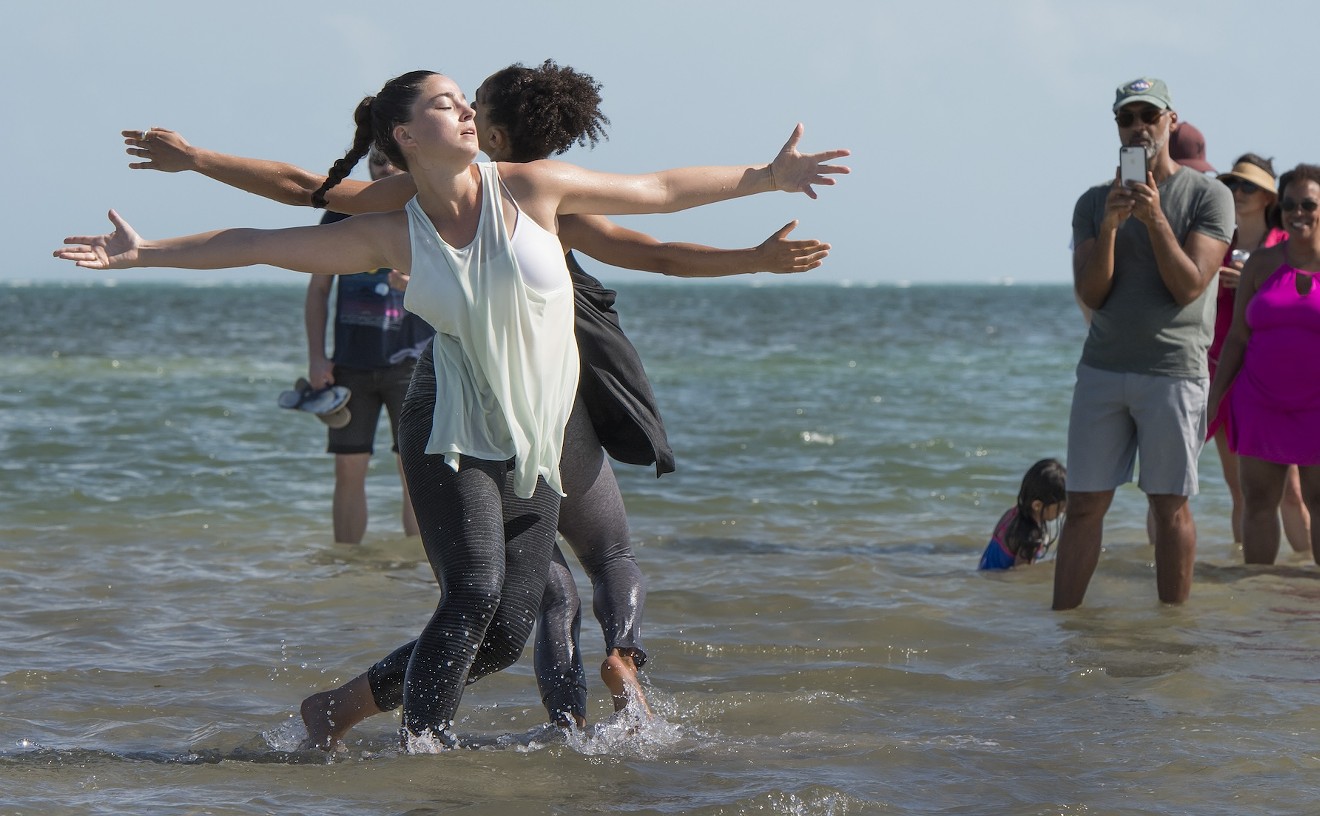Booted from Cuba in 1961 by Fidel Castro, Victoria Guadalupe Yoli ("La Lupe") sang lead in Tito Puente's band for six years in New York City. She was known to rip off her shoes and jewelry and toss them at the crowd. Her uninhibited sensuality produced a global sensation and a cult following. As Diaz points out, "La Lupe managed to be both totally over the top and completely genuine." Disabled and indigent, she died in 1992 following years of career and personal trials.
After Diaz garnered critical acclaim in the Puerto Rican Traveling Theater's La Lupe: My Life, My Destiny, her husband, Rafael Albertori, wrote and directed La Reina, La Lupe for his wife. "What I did in New York was more theatrical. The music was incidental," Diaz says. "This piece still tells La Lupe's amazing story, but the music is the centerpiece." A six-piece band of Cuban-born musicians (all local) accompanies the show, which is told in the present tense. "It's as if La Lupe is a spirit talking to you," Diaz notes. "She relates to what's happening in 2003 as well as the '60s and '70s."
The limited engagement will culminate in the world premiere of the English translation of the play, which makes La Lupe's story accessible to English speakers without losing el filin of the music. "The songs we chose to translate are ones that really tell an important part of her story," says Diaz, "but we left hits like 'Qué te Pedí' and 'Oye este Guaguancó' in Spanish." In any language, Diaz's portrayal of the diva is sure to leave groupies or initiates loving La Lupe.










